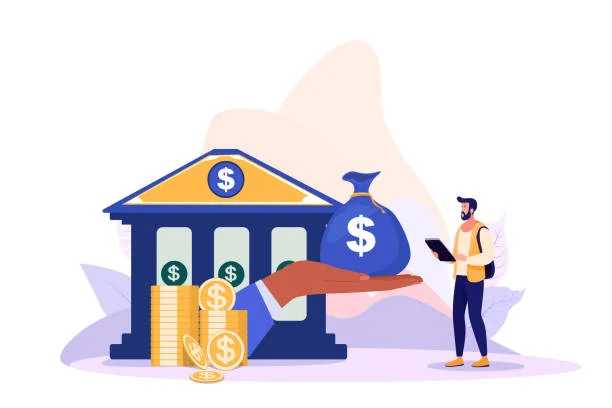Choosing the right way to borrow money is about understanding how each option fits into your financial journey. Personal loans and credit card loans might seem interchangeable at first, but they cater to very different needs. It’s less about which one is “better” and more about what aligns with your priorities—whether it’s flexibility, structured repayments or something else entirely. The key is in knowing how these options stack up and what makes sense for you. This blog helps you understand the key differences between personal loans and credit card loans.
Let’s see how each works, their unique advantages and the situations they’re best suited for. This way, you’ll gain the clarity you need to make an informed decision.
Unlock more value—this related post expands on the ideas you’ve seen.
Working
Personal loans give you a fixed amount of money that you repay over a set period in equal monthly instalments (EMIs). On the other hand, credit card loans are an extension of your existing credit card limit. They are pre-approved and can be converted into EMIs. Both options offer flexibility.
Interest rate
A personal loan has lower interest rates, starting from 10% and going up to 24% annually. It depends on your creditworthiness and the lender. However, credit card loans carry higher rates, between 18% to 36% annually. This can be competitive if you have a strong repayment history.
Processing time
Availing a personal loan can take a few days, as it involves document verification and approvals. The processing time can range anywhere between 1 to 7 working days. Credit card loans are much faster since they’re pre-approved—funds are often disbursed within minutes or hours of applying.
Loan amount
Personal loans offer a wider range, starting from ₹50,000 and going up to ₹40 lakhs or more, depending on your income and credit score. Credit card loans are limited by your credit card’s spending limit. Many banks may extend this limit slightly, but it’s still a smaller amount compared to personal loans.
Documentation
Personal loans require basic documents like ID proof, address proof, income proof and bank statements. For self-employed individuals, additional papers like IT returns may be necessary. Credit card loans, however, are hassle-free and need no extra documentation since your details are already with the bank.
Repayment
Personal loans have fixed monthly EMIs with a flexible repayment tenure of 1 to 5 years, allowing for manageable instalments over time. Credit card loans typically have shorter tenures, usually between 3 to 24 months. The monthly payments are variable based on the amount you spent in one billing cycle.
When to choose which?
Personal loan: It is ideal for large expenses such as medical emergencies, home renovations or a wedding, where you need a significant amount and structured repayment over time.
Credit card loan: It is best for short-term needs like paying for a gadget, managing festival shopping or covering an unexpected bill. You can avail a credit card loan when speed and convenience matter more than the amount.
Let’s say, you’re planning a home makeover and need ₹10 lakhs, a personal loan is the practical choice. But if your credit card has a ₹2 lakh limit and you want to buy a high-end laptop urgently, a credit card loan is quicker and easier.
Conclusion
Hope this helps you figure out what works best for you—personal loans or credit card loans. Before you decide, look at the additional charges. This includes late fees, annual credit card fees or penalties for paying off a loan early. Compare options from different lenders to find the best deal. Make sure the repayment terms fit your budget. After all, the right choice can make borrowing stress-free and manageable.
Hot off the press—read our latest featured article now.







